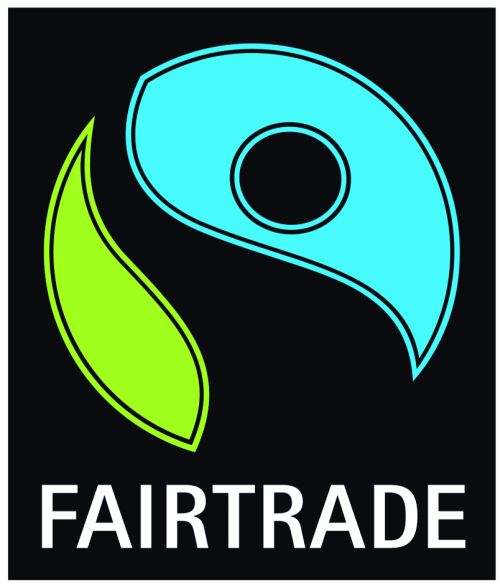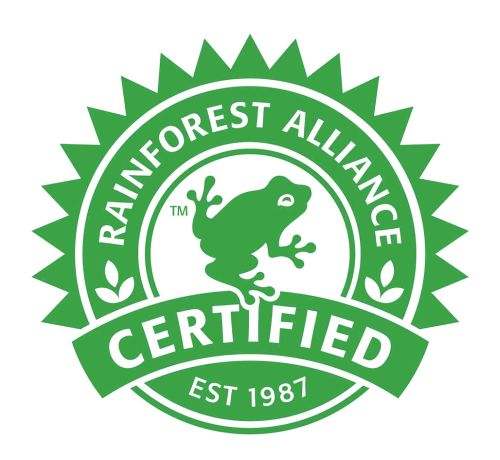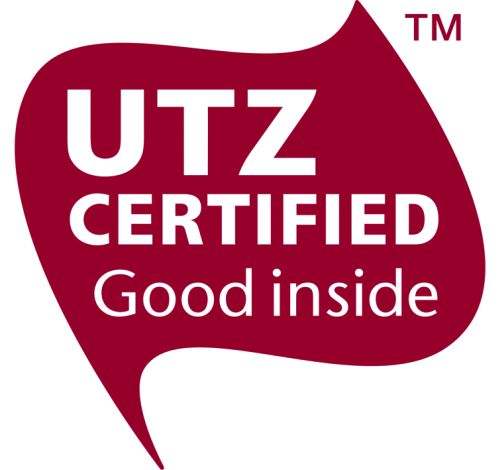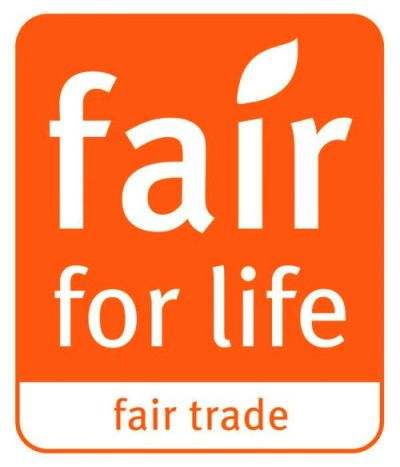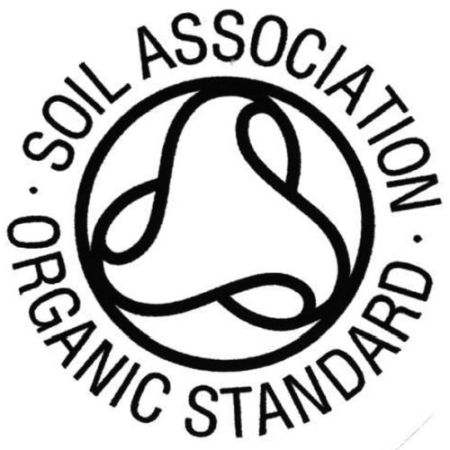Josie Wexler of Ethical Consumer compares different certification schemes in the Coffee and Tea industries to see which ones we can trust. The article which appeared on http://www.ethicalconsumer.org on 17th December 2018 is copied here in full. Where the word ‘we’ is used, it refers to Ethical Consumer’s opinions.
At a global level, about 17% of tea is certified Fairtrade, Organic, Rainforest Alliance, or Utz. But, in Kenya, which supplies the biggest portion of the UK market, more than 80% of tea is certified by one of these schemes.
Fairtrade
To understand Fairtrade, it helps to know a bit of the history because, to a great extent, Fairtrade arose as a response to the collapse of the International Coffee Agreement.
This agreement had regulated how much coffee each country was allowed to export, stabilising prices and keeping them reasonably high. It was partly a product of the cold war: the US was frightened that Latin American coffee producers would turn to communism if they were too immiserated by low, volatile coffee prices. The International Coffee Agreement collapsed in 1989, and the result was a horrendous drop in world coffee prices which threw many coffee farmers into desperate poverty.
This history is why Fairtrade put so much focus on prices – it was, basically, stepping into the void left by the collapse in this agreement. It has a fixed premium that must be paid on top of the market price, and it has a minimum price that must be paid when the market price falls below it, as a safety net.
To complement this, regulations were added. To get certified, a producer must show that it is meeting certain social and environmental standards. It can then attempt to sell its produce at the Fairtrade price, if it can find a buyer.
That last point is a bit of a snag, however, and a common cause of confusion. Being certified Fairtrade does not mean that a producer is selling its produce as Fairtrade. Certified tea producers on average only manage to sell around 7% of their tea on Fairtrade terms. The average across all products is about 40% for small farmer organisations, and 20% for estates.
It’s basically an extra fifth on top
The Fairtrade premiums are currently set at US $ 0.50/kg tea, and $0.20/lb coffee. The market prices, meanwhile, are at around $2.50 /kg tea, and $1.10/ lb coffee. In other words, both premiums provide about an extra fifth on top of the market price.
The coffee price fluctuates more wildly, and has much more frequently gone below the Fairtrade minimum, which is between $1 and $1.40/lb depending on the type.
Rainforest Alliance and Utz merge
Rainforest Alliance and Utz are two more modern certification schemes, now much bigger than Fairtrade. They are merging into a single new program at the end of 2019, which will keep the Rainforest Alliance name.
Both schemes are purely focused on policing production, and don’t have any fixed pricing structures. However, guaranteeing higher standards, if it works, should naturally cause prices to rise, since the improvements inevitably have to be paid for.
(Utz buyers are supposed to pay a premium over the market price, but it is negotiated between buyer and seller, not fixed. It is generally substantially lower than Fairtrade’s).
Rainforest Alliance tends to have a stronger focus on environmental features, and Utz on social ones, but both standards regulate both.
Fairtrade vs Utz and Rainforest Alliance
Rainforest Alliance and Utz have been studied a lot less than Fairtrade. Results that do exist are mixed, but some do suggest environmental and socio-economic benefits, including higher productivity and higher income.
However, any scheme that relies on policing alone is dependent on being able to pull it off. And studies like the Sheffield University one mentioned in our tea guide suggest that policing is not always watertight.
Thus, overall, we consider Utz and Rainforest Alliance to be weaker schemes, and reward them with only half a mark, while Fairtrade certification gets a full mark. The fixed price side of what Fairtrade does is unique – basically, it is the only certification scheme that directly addresses things in terms of cold hard cash.
Our worries about the Utz-Rainforest Alliance merger
We are concerned about the possibility of the Utz-Rainforest Alliance merger leading to a watering down of standards, and recently published an open letter signed by fourteen UK environmental and workers’ rights organisations urging the new organisation to combine the strong bits of each standard, rather than the weak bits.
Currently, for example, Utz forbids employers to ask for working weeks over 60 hours, while the Rainforest Alliance allows it in ‘exceptional circumstances’.
And Rainforest Alliance specifies that agricultural land cannot have been recently deforested, whereas Utz allows deforestation of anything other than primary or ‘old growth’ forest.
Current signs look rather worrying.
Fair for Life
Fair for Life was launched in Switzerland in 2006. It has received praise for its social and environmental requirements, which are more comprehensive than the other certification schemes.
It certifies the whole company group, rather than single brands, and it also certifies producers and manufacturers in developed countries, which Fairtrade does not. And it is very transparent, publishing a summary of all of its assessments on its website.
However, it is like Utz and Rainforest Alliance in that it doesn’t have fixed prices. It does have a premium and a minimum price, but they are negotiated between buyer and seller (as Utz has, for the premium part only). The premium is typically 10% on top of the market price. As above, Fairtrade’s, in the case of tea and coffee, is about 20%.
Organic
For a crop to be marketed as organic in Europe, it must be grown using organic production methods according to European legislation, which prioritise techniques such as crop rotation, biological crop protection, green manuring and composting, and it cannot use manufactured pesticides or fertilisers. The growing and processing sites are audited at least once a year.
The Soil Association standard does also contain a few lines on workers’ rights, saying that the employer should adhere to the core standards of the International Labour Organisation, although this obviously isn’t the focus.
As far as tea goes, it is conventionally grown on intensive monocultures, which has deleterious effects on biodiversity and also encourages pests. Indian tea thus tends to be grown with a lot of pesticides. All Kenyan tea is basically pesticide free, however, because the high altitude and the strains used inhibit pests naturally.
Direct trade and specialist produce
Higher quality produce tends to benefit producers more, since the greater skill required to produce it means that the producers can command a greater portion of the final value.
Furthermore, a key factor for producers’ well-being is long term, stable relationships with buyers. Such relationships – sometimes called ‘direct trade’, are becoming more common in coffee but are rarer in tea, as the variability of the crop means that buyers constantly want to vary blends to keep a constant taste. However, if you can find directly traded tea it is definitely worth considering as an ethical option.
One option is to join the Just Change movement. Just Change tea and other products are 100% owned by the members of Just Change India – the producer co-operatives. This is very unusual, especially in relation to tea production.
Volunteer groups, fair trade shops, food co-operatives, community groups and social enterprises can sell Just Change products in the UK.
The Ethical Tea Partnership
The Ethical Tea Partnership is an industry group that was set up in 1997. It used to work as a certification scheme and conduct audits, but now it has shifted direction and instead says that it aims to “tackle complex deep-rooted issues that cannot be addressed sufficiently through certification alone”. Its members include Unilever, Typhoo, Tetley, Twinings, Bettys and Taylors, and Cafeology.

